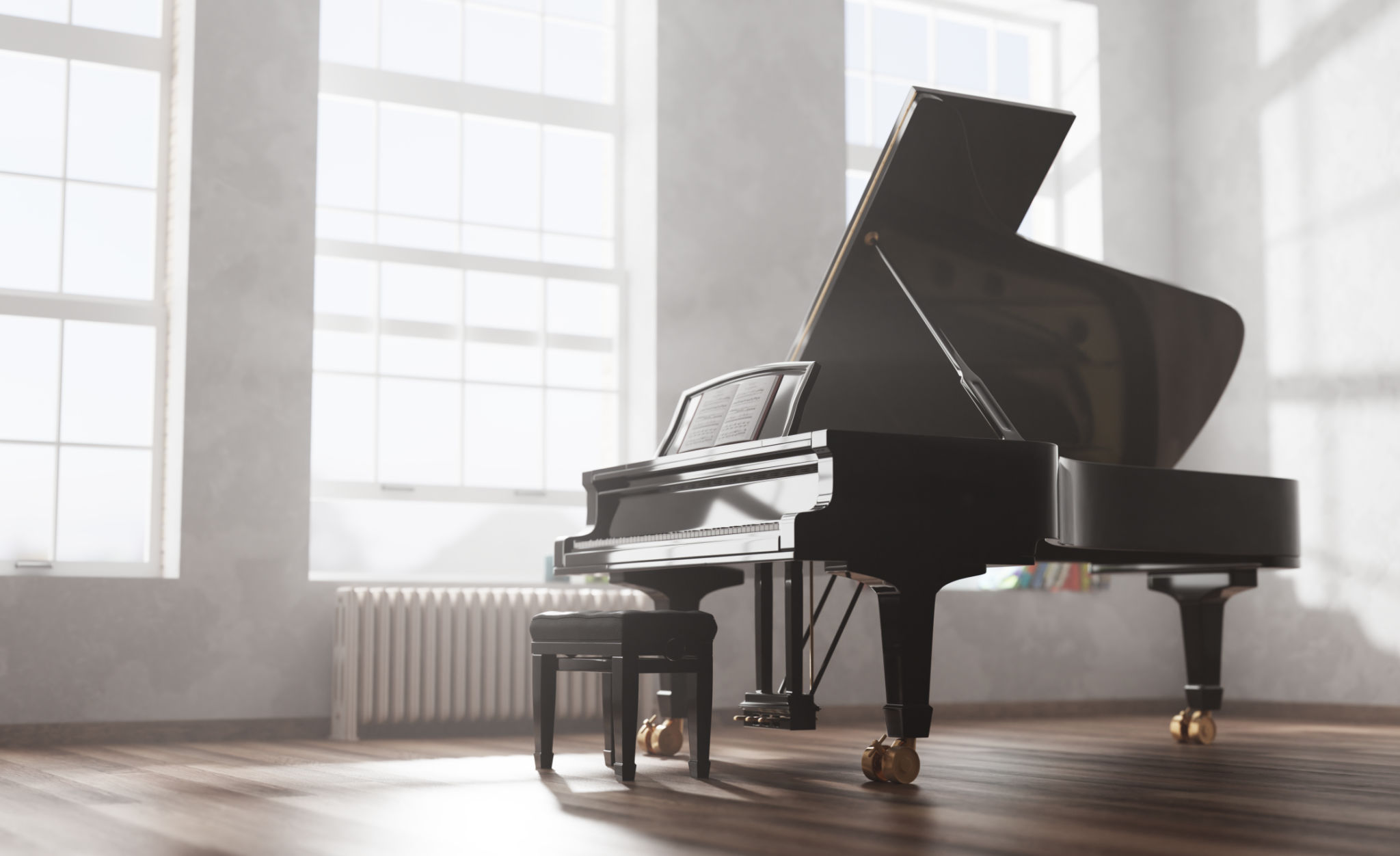Common Piano Repair Mistakes and How to Avoid Them
Introduction to Piano Repair
Pianos are intricate musical instruments that require regular maintenance and occasional repairs to ensure they produce the best sound. However, attempting to repair a piano without the right knowledge can lead to costly mistakes. This guide outlines common piano repair mistakes and offers advice on how to avoid them.
Whether you're a professional pianist or a hobbyist, understanding the basics of piano repair can save you time and money, and help maintain the instrument's longevity.

Incorrect Tuning Practices
The Dangers of Over-Tightening
One common mistake is over-tightening the piano strings during tuning. This can lead to string breakage or even damage the piano's delicate internal structure. It's important to remember that tuning should be done gradually and with precision.
Using Inappropriate Tools
Another frequent error is using the wrong tools for tuning. A standard wrench or pliers might seem like a quick fix, but they can cause damage to the tuning pins. Always use a professional tuning hammer designed specifically for pianos.

Neglecting Regular Maintenance
The Importance of Regular Inspections
Pianos require regular inspections to identify issues before they become serious problems. Many owners neglect this aspect, leading to more significant repairs down the line. Scheduling regular check-ups with a professional can help keep your piano in optimal condition.
Ignoring Environmental Factors
Pianos are sensitive to environmental changes. Failing to control humidity and temperature levels can cause wood expansion or contraction, affecting sound quality and structural integrity. Consider investing in a humidity control system for your piano room.

DIY Repairs Gone Wrong
Underestimating the Complexity
Many piano enthusiasts attempt DIY repairs, thinking they can handle minor issues themselves. However, pianos are complex instruments, and even small mistakes can lead to significant damage. It's usually best to leave repairs to experienced technicians.
The Cost of Using Cheap Parts
Opting for inexpensive parts might save money initially but can compromise your piano's performance and durability. Always choose high-quality components recommended by professionals to ensure your piano remains in excellent condition.

Conclusion
Avoiding common piano repair mistakes requires a combination of knowledge, the right tools, and professional assistance. By focusing on regular maintenance, using appropriate tools, and seeking expert help when needed, you can ensure your piano continues to produce beautiful music for years to come.
Remember, while it might be tempting to attempt repairs yourself, consulting with a professional often proves more cost-effective in the long run. Protect your investment and enjoy the rich sounds of a well-maintained piano.
